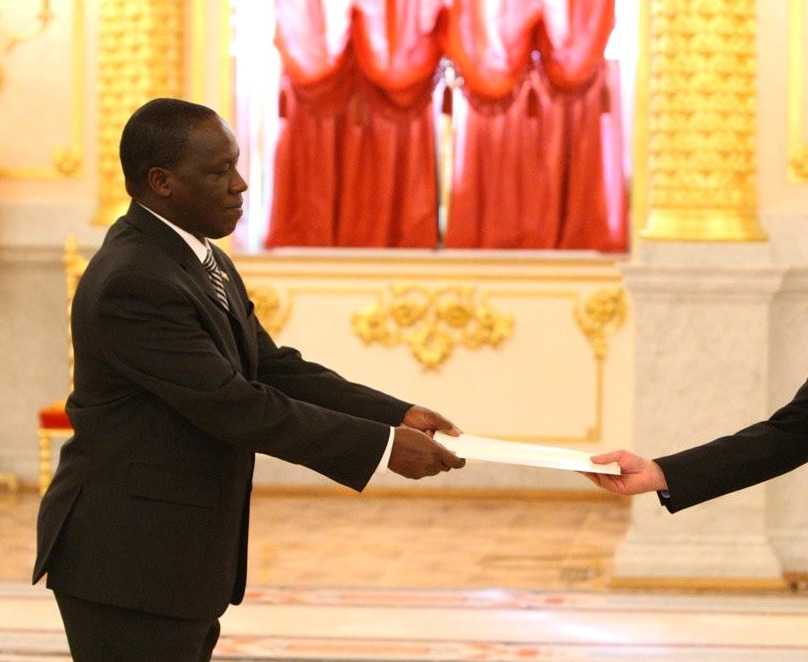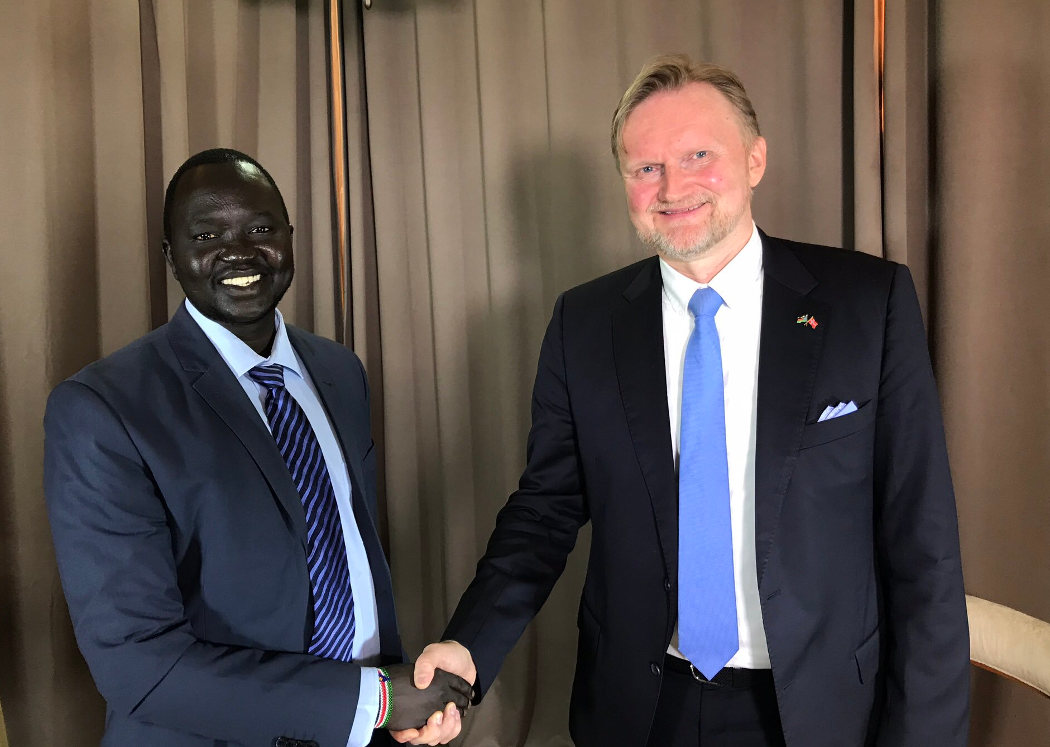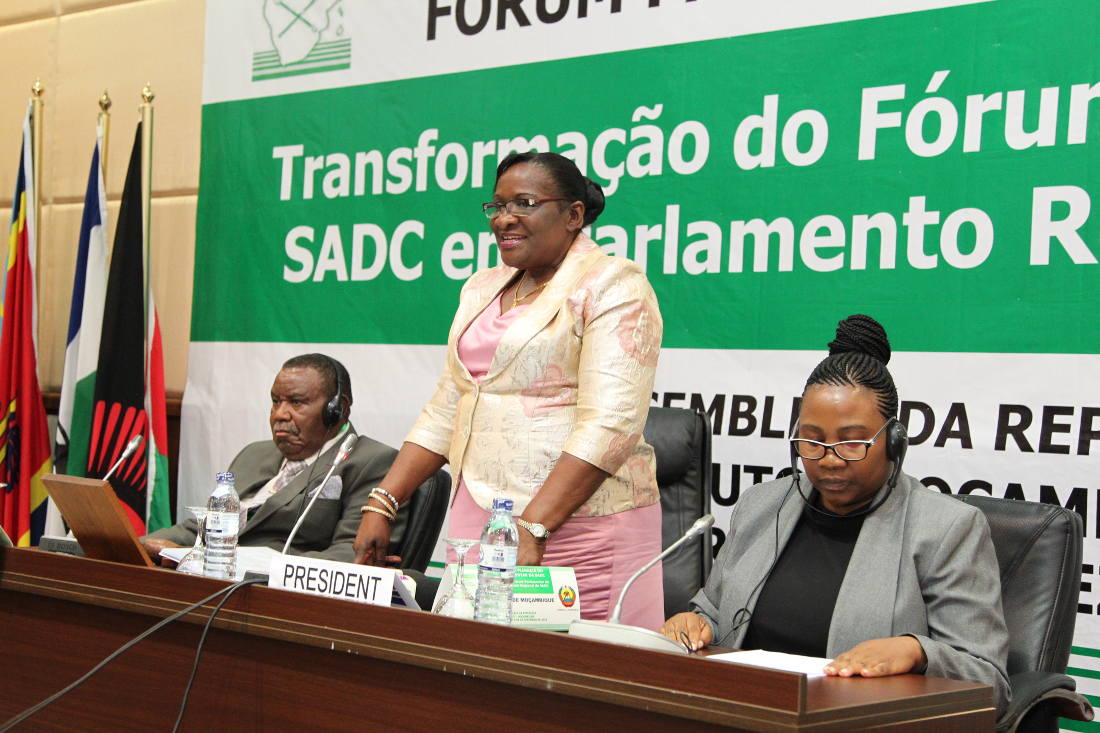NAIROBI, Kenya (ViaNews) – The Independent Electoral and Boundaries Commission has been thrown into a frenzy following the recent resignation of three commissioners who were at the helm of operations at the body mandated to oversee electoral processes in Kenya.
The trio of Consolata Maina, Margaret Mwachanya and Paul Kurgat resigned on April 16 following what emerged as an unsuccessful attempt to resolve wrangles within the body. The former commissioners became the latest high profile names to walk out of IEBC following CEO Ezra Chiloba’s suspension earlier this month by Chairperson Wafula Chebukati.
In October 2017, just barely a week to the repeat presidential elections, Commissioner Roselyne Akombe controversially resigned from IEBC on grounds that she did not want to be part of the process due to vast political interference in the otherwise independent institution. Akombe had also raised issues with regards to receiving death threats.
Chebukati’s decision on Chiloba sparked questions on whether the CEO’s performance was detrimental or if there was an element of strong-arming from his side. According to Article 251 of Chapter 15 of the Kenyan Constitution under the Commissions and Independent Offices guidelines states:
- 1) A member of a commission (other than an ex officio member), or the holder of an independent office, may be removed from office only for-
- (a) Serious violation of this Constitution or any other law, including a contravention of Chapter Six;
- (b) Gross misconduct, whether in the performance of the member’s or office holder’s functions or otherwise;
- (c) Physical or mental incapacity to perform the functions of office;
- (d) Incompetence; or
- (e) Bankruptcy.
- 2) A person desiring the removal of a member of a commission or of a holder of an independent office on any ground specified in clause (1) may present a petition to the National Assembly setting out the alleged facts constituting that ground.
- 3) The National Assembly shall consider the petition and, if it is satisfied that it discloses a ground under clause (1) shall send the petition to the President.
- 4) On receiving a petition under clause (3), the President-
- (a) may suspend the member or office holder pending the outcome of the complaint;
- (b) shall appoint a tribunal in accordance with clause (5).
- 5) The tribunal shall consist of-
- (a) a person who holds or has held office as a judge of a superior court, who shall be the chairperson;
- (b) at least two persons who are qualified to be appointed as High Court judges; and
(c) one other member who is qualified to assess the facts in respect of the particular ground for removal.
- 6) The tribunal shall investigate the matter expeditiously, report on the facts and make a binding recommendation to the President, who shall act in accordance with the recommendation within 30 days.
The aftermath of the last few weeks has seen the government security detail entitled to the commissioners revoked including that of the Chairperson. It is unclear why such drastic measures were taken. Chebukati has come out to strongly defend his decision on the suspension. “The supposition that the Commission had ganged up against any officer is not only misleading but only serves to divert attention from the real issues,” he explained.
Ever since the political rift came about after the August 2017 elections, there have been numerous calls from various quarters for his resignation. However, he has openly been adamant that he will not do so as he strives to clean house.
The political tension has cooled down in Kenya following opposition leader Raila Odinga’s highly symbolic ‘handshake’ in March with President Uhuru Kenyatta that brought together leaders from both sides of the divide. However, things have not all been rosy since as Odinga’s aide Miguna Miguna, who ViaNews reported earlier to be back in Kenya, was again unceremoniously deported following his arrival on March 28.
Miguna’s recent vicious attack on Kenya’s leadership dictates that he is still firm on his course. “The former opposition leaders may continue celebrating my humiliation, abuse, torture and forced exile by the despots but they must be reminded that just like with Jomo Kenyatta, Moi and Kibaki (former Kenyan Presidents), @UKenyatta (President Uhuru Kenyatta) will not reciprocate. The handshake will end with the gnashing of teeth,” he said in a post on his official Twitter account on Sunday.










